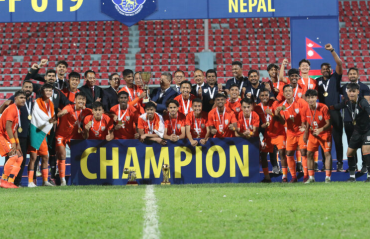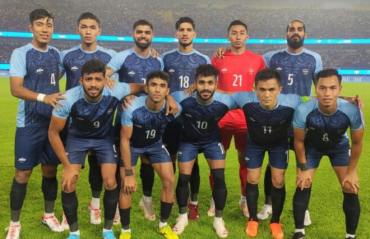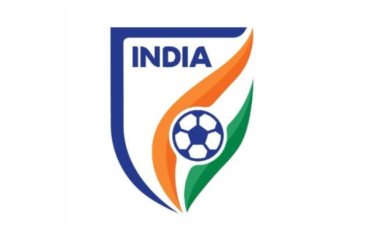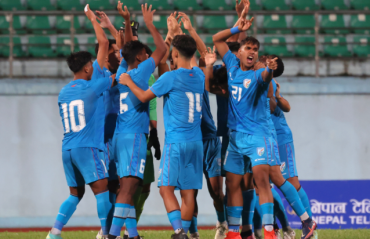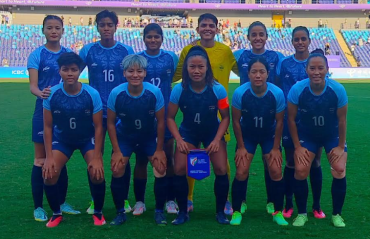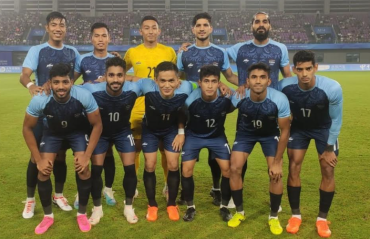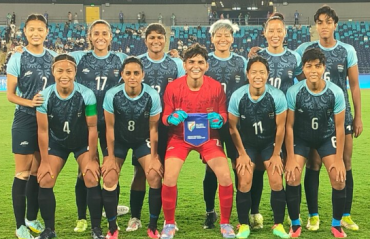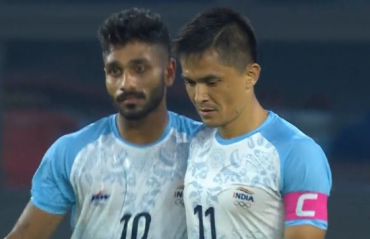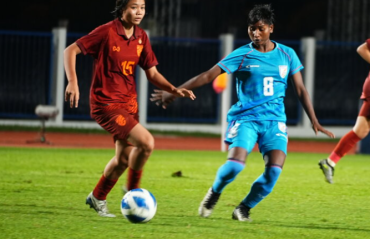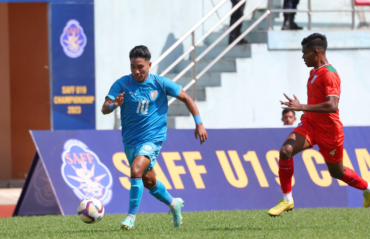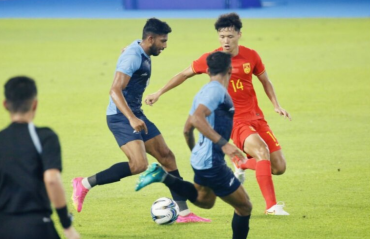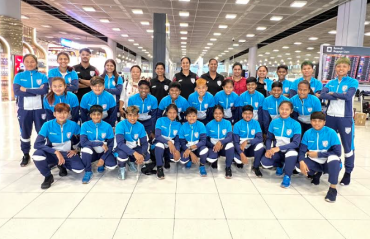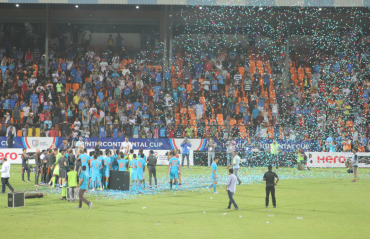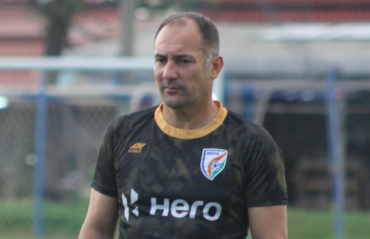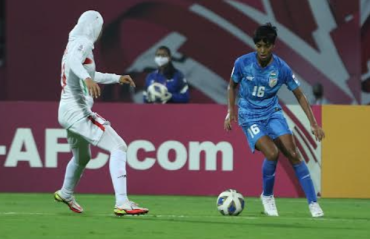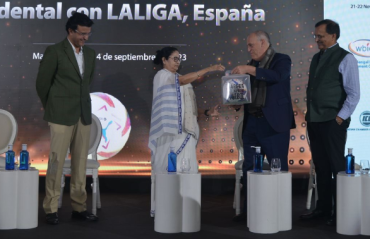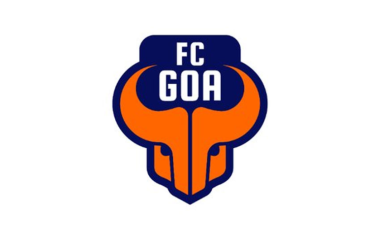Coach Monika: A Story from the Other Side of Indian Football
- By Chiranjit Ojha

- January 12, 2023
WHEN WE TALK about the Indian football ecosystem, it's easy to get lost in a crowd of professional clubs and elite academies.
When we discuss grassroots, that, too, rarely goes beyond the ever-expanding machinery of delivering players for youth leagues and national teams.
But there's a huge part of the sport that gets almost entirely ignored by the mainstream of Indian football; because it doesn't share its all-competitive perspective.
There are many organisations who use the sport as a tool for social upliftment; whether it's to battle addiction among youth, economic inequality or promote women's empowerment. And although the majority of the kids in that sphere don't go far in the sport itself, those that have the potential to do so often face major obstacles to realise their dreams; whether due to lack of help from the mainstream, economic strife or social discrimination. And women have it far worse than men.
But there are a few who break through and make their own way in the sport. And although they're not celebrated by fans or helped by the clubs and federations, they form a massive part of the football ecosystem, introducing the sport to new communities in areas where professional clubs and academies don't have any presence.
Monika Kumari is one such name. Hardly past her teens, she's done more in the sport than most will do in their lifetimes. And she's overcome mountains of setbacks to get this far.
She hails from Ormanjhi, a village to the North of Jharkhand capital Ranchi, near the tourist-favourite Getalsud dam on the Subarnarekha river.
Coming from a region of India infamous for its particularly conservative approach when it comes to women's rights, systemic misogyny is not a theory for Monika; it's daily life.
To begin with, she would have never been introduced to football on her own. Being a girl, she wasn't meant for such things. It was a sport reserved for boys. But when she was 9 years old, she got her first taste of football thanks to an NGO called Yuwa, who were active in the area.
Yuwa are known for using football to reach out to girls in India's rural communities. When Monika's brother wanted to join the NGO's sports programme, it brought her an opportunity to join up as well. She recalls,
"In Yuwa there's a rule that if a boy wants to join, he has to bring four girls. So my brother brought me into this NGO because he wanted to play sports. My parents were okay with that because he's a boy and he can play football... so they said, okay, you can join it and of course you can take your sister. That's how both I and he got into the NGO."
For her brother, it was a childhood phase. And it wasn't long before he, like most children, had lost interest in the NGO and stopped going. But for Monika, it was a glimpse of a world she had never seen before,
"I was really enjoying it because it was a different environment for me and I was able to learn a lot... I was really happy to be in that NGO."
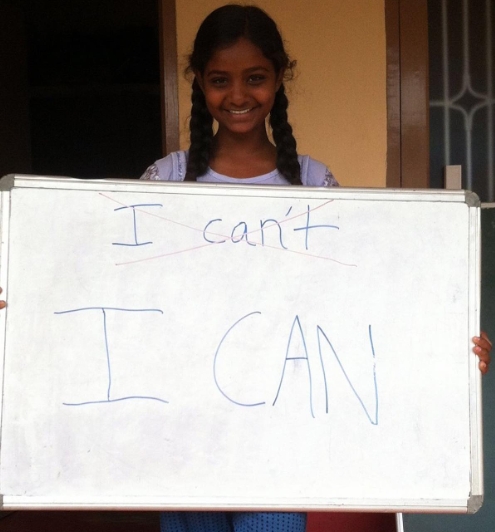
Playing football wasn't the only thing Monika was getting at Yuwa. There were also tuition classes, which for economically under-privileged children was an important means to fill the gaps left by government schools,
"Parents don't want to spend money on girls... and government schools are, like, really not good. Teachers are chilling out, sitting... they're not teaching us. Like, we're not getting any education. So they realised it, and Yuwa intrduced tuition classes and we joined up."
There were also weekly workshops on girls' personal health and well-being.
A misfit off the field, Monika was thriving at Yuwa. She was a goalkeeper, and not a bad one. By the age of 10 she was taking playing football seriously, dreaming of becoming a professional player. Intelligent and a quick learner, she was on the NGO's team that went out and competed in different tournaments.
But soon her simple dreams to play and at the good facilities provided by Yuwa started clashing with the socio-economic realities of her family,
"Yuwa started a school... it was like a private school. To get into the school I had to pay a certain amount of fee, which my family could not afford, because I was a girl. They told me, if you want to study, go ahead and do it but you have to pay for it yourself."
For Monika, this was nearly the end of the road. But through Yuwa, she got a lifeline: if she could learn coaching, and become a coach at the NGO, she would get a monthly earning that would be enough to cover her school fees as well personal expenses.
Monika put everything into making the most of this opportunity. And soon she was selected among the girls who would receive a special coaching course... at the Spanish club Real Sociedad.
The group of girls were flown out to San Sebastian, where they received training from coaches who worked for the La Liga club. And this exposed Monika to what world class professional coaching looks like,
"I learned a lot of things there that we weren't doing in India. Like, how to start a session. We didn't know about it, we were just starting a session. But there I learned what should be in the warm-up, stretching and all. Stretching is very important, you have to do it since childhood. Otherwise there can be serious problems down the line. Then how to progress the session, how to maintain a team, how to make our session very interesting. Make it fun. All of that we learned there. And also about nutrition. Because we didn't know anything about that back home, we literally didn't get that kind of nutrition in our village. Mostly our food was like, rice, dal. But there I earned how to get the correct amount of nutrition our bodies need."
She enjoyed the all-day curriculum at the club. There were theory classes in the morning, and then they would apply the lessons on the field. By the time she came back, the early-teen rural girl had transformed into a competent grassroot-level coach.
But although she had fixed her immediate monetary problems and ensured she could continue pursuing the sport seriously, her life was far from a cakewalk. She was now looking at a life where she had to fit studying, playing, coaching as well as helping out with chores at the house into her daily routine,
"I'd wake up at 4 in the morning. By 5 am there would be a bus that would pick us up for the morning coaching session at Yuwa. I'd coach the kids till 7 am. Then from 8 am to 2 pm I'd have school. At 3 pm my football practice at the Yuwa team would begin and I wouldn't be done until 7 in the evening. Then I would walk home, do my homework and help out with all household stuff. I didn't have time to do anything else."
But to her, it was all worth it, because she was playing football,
"Nothing makes me happier. When I am on the field, I get to be who I am."
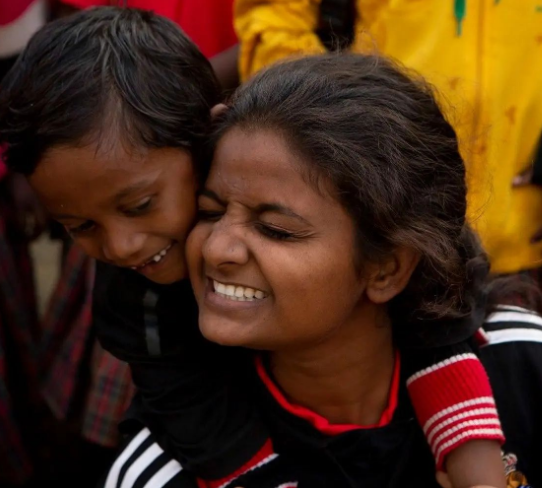
Even outside the pitch, she was realising dreams. In 2019, when she was studying in the 12th standard, she became the only Indian girl to be selected for a two week all-female mountaineering trip at Mount Baker in the USA.
But it wasn't long before her pursuit of dreams would be interrupted by yet another social institution: arranged marriage,
"My sister got married recently, and she can't do her job anymore... she was in a bank, she was in a good position. She really wanted to keep her job but after marriage she can't do it any more. So I don't want to be one of those girls who will get married and stop working."
Still a teenager, she herself was under pressure to get married,
"I cannot stay at my house because my father and my family kind of don't want me to. They want me to get into work, get into college; if you're not doing those things then you're becoming a burden for us. It's like that... they say, if you don't get into college this year, we're going to marry you off."
She made the cut for University of Oregon, but that was when COVID-19 struck and she couldn't go through with it. Scholarships were also hard to come by. So, to avoid the risk of an arranged marriage, Monika needed to find a job that would let her leave her home. And that was when Atoot, an NGO based in rural Nepal, provided her with another lifeline: an internship to teach football to kids in Lumbini, Nepal.
After 8 years at Yuwa, she was leaving them, but she was looking forward to the new opportunity,
"Yuwa has already grown up. I can see that they have a lot of people and they are able to manage things over there. It's going smoothly. So I thought I'm not needed that much there as much as here in Atoot. Atoot had started up recently and I was following their page... it really inspired me to come here."
And although moving out of her home gave her the independence to pursue a career, she still wasn't fully free from the spectre of arranged marraiage,
"Even now I have issues with folks back home. They ask, what are you doing in Nepal? Why are you staying there? I'm staying alone, so there's some trust issues. Like, my family is okay with that, my mother and sister are okay, but my father is still on the fence about it. Because I'm a girl, and I've come to Nepal on my own, so it's like, how can a girl go and stay there?... You know, people think differently about girls. Even the relatives and the neighbours keep saying, how can you send your girl over there? She's a girl, you can't send her to another country... but if it was a boy, that would be fine. He can work, he can go anywhere he wants. It's like that. My brother works in Mumbai... and no one says anything to him. Literally nothing. And to me, it's pressure all the time. All the time. When I go to my village the neighbours say, oh your daughter has grown up so much, aren't you going to marry her off? I'm not going to marry. I'm still studying. Are you mad?"
At Atoot, however, Monika was a natural fit. The village community they were working with spoke Awadhi, which was very close to Bhojpuri, Monika's first language. She saw glimpses of her own childhood in the kids she was teaching,
"I have gained the experience. I was in that kind of situation. So I understand them better. And I want to share my experience, my stories, and tell them that, they can also come up and have great achievements like I am doing. So that's why I wanted to work at Atoot and give back whatever learnings I had with the girls here... I really wanted to get involved with football and the children. Because I really enjoyed being with kids and being involed in football."
The work, as always, became a source of fulfillment for her,
"I pay attention to which areas they are falling behind in and help them improve that. Every day, during office hours, I sit and talk to them. Like, first they need to learn to pass, then to receive. That's how their sessions should progress. I always keep thinking planning the sessions and executing it. And if they can't do it according to the session I had planned, I know that I'm doing something wrong. I think about how to make it simpler for the girls."
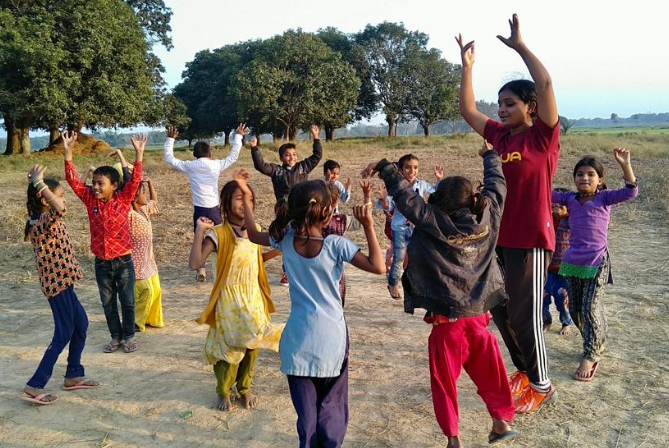
Her voice fills with pride as she describes the improvements she has seen her students make over a year,
"They were very shy at first. But when they learned football, they became very enthusiastic and cofident about playing, speaking up. Usually when they were playing they used to fight and abuse each other, but in football you can't do that. You have to support your teammates, you have to listen to each other. So these things that they learned from football slowly started seeping into them, and the negative behaviour kept decreasing. They don't abuse each other any more. They communicate with each other very well. They ask a lot of questions. They have become very disciplined during practice, they listen to me a lot. They respect the staff. And some of the girls have become leader figures. It wasn't like this before."
And she has also picked out about two dozen girls who are really good at football,
"I was surprised by their passing, shooting, communication and scoring. Their energy is awesome... I feel like if they get trained for a few months they can go and participate in some small tournaments as a team."
Less than a year after joining Atoot as an intern, she became a full-time employee; their Programme Officer. Now she oversees their their football sessions, does workshops as well as participates in the social engagement activities of the NGO,
"The Atoot staff are very supportive. If I'm not feeling well, if I have any issues, they always help out. They say, always tell us if you have any problems or if you need anything. They always encourage me. If I do something wrong, or something doesn't go well, I get worried thinking about it but they keep motivating me. I always feel supported."
And having recently turned 18, she is finally eligible to enroll im a coaching license course. Not to mention, she is determined to continue her studies as well.
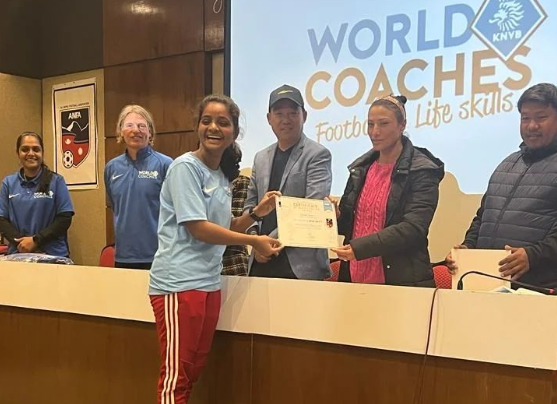
That's a lot to take on, for a girl barely out of her teens. But for Monika, that's kind of the whole point.
Football has given her a chance to reach her full potential; and she is not about to leave any stone unturned.
Whether it's to realise her own dreams, or to become an example to look up to for the girls who are stuck in the same oppressive societal structure that she has struggled to break past her whole life... Coach Monika is willing to prove that it can be done.
All she needs is for the next opportunity to come her way.
Get the latest in the world of Sports, Teams, and Players! Free Delivery to your Inbox.









